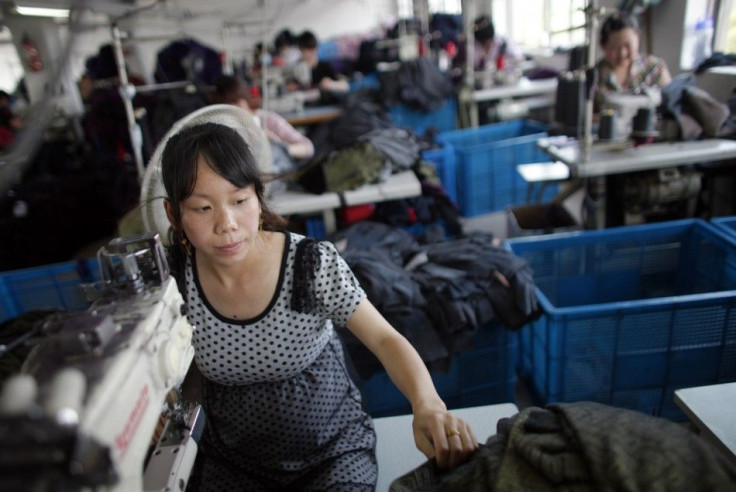Chinese Report Justifies Indian Traders' Abduction; India Questions Rule Of Law In China

India strongly responded Tuesday to a Chinese media report which argued that the three Indian traders, who were kidnapped and abused by Chinese suppliers, bore the responsibility for the incidents by delaying or defaulting on payments after having made the purchases in advance.
India's embassy in Beijing wrote a sharp rejoinder questioning the rule of law in China, after Global Times ran an article by a law professor justifying the abduction and abuse of the Indian traders over financial disputes.
It's understandable that the sellers may adopt some radical actions to demand payment, given the potential damage to their business, Global Times said in the article, which was published in response to Indian embassy's advisory issued last week, warning Indian traders not to do business in Yiwu, a market town in Zhejiang Province, following a series of controversial business disputes involving Indian traders.
It seems obvious that the Indians brought these troubles on themselves, the article by Wu Danhong, an associate professor at China University of Political Science and Law, said. It is them (Indians), not the Yiwu business community, who should be held accountable for these disputes. the article said.
Those Indian merchants who deliberately don't pay for their goods betray the trust of their Yiwu counterparts and damage the interests of the sellers.
The Indian authorities [have] chosen to ignore the true nature of the disputes between Indian and Chinese traders in Yiwu and instead warned Indian businessperson not to come to Yiwu. This takes business disputes between individual civilians to the diplomatic level, which will only undermine ordinary trade between honest dealers from both countries.
The Chinese Foreign Ministry, as reported by Global Times, reiterated its stance that India's advisory would not help resolve the disputes between traders, but could damage cross-border trade.
The Indian embassy posted a statement on its website Tuesday in response to the Global Times article, saying it was extraordinary that a professor of law finds 'understandable' what he himself describes as solving 'the issue by force' that includes 'illegal detaining' of Indians.
The prevalence of such views and that your newspaper has chosen to print them makes the case for our advisory even more compelling. The professor from Yiwu thinks that 'radical actions' are a solution to trade disputes. Others like us expect, perhaps optimistically, the rule of law, Vinayak Chavan, secretary at the Indian embassy, said in the statement.
Mumbai-based trader Danish Qureshi was kidnapped from a restaurant in Yiwu on the night of May 19. He had to spend five days in the captivity facing abuse and maltreatment from Chinese traders for refusing to pay an amount of 165 million Yuan (over $25 million).
Qureshi was freed last Friday following a raid by the local police, who had acted on the information provided by the Indian consulate in Shanghai.
In 2011, two Indian businessmen failed to pay over 10 million yuan (over $1.5 million) for the shipment from Yiwu dealers. The Indian businessmen, Deepak Raheja and Shyamsunder Agarwal, spent two weeks in captivity and faced abuse for refusing to pay up.
In similar incidents in 2010 and 2009, Indian buyers refused to pay due to lack of funds after receiving goods from a bunch of Yiwu sellers.
This is the first instance of the Indian embassy releasing a statement on its website in response to a Chinese media story.
© Copyright IBTimes 2025. All rights reserved.






















